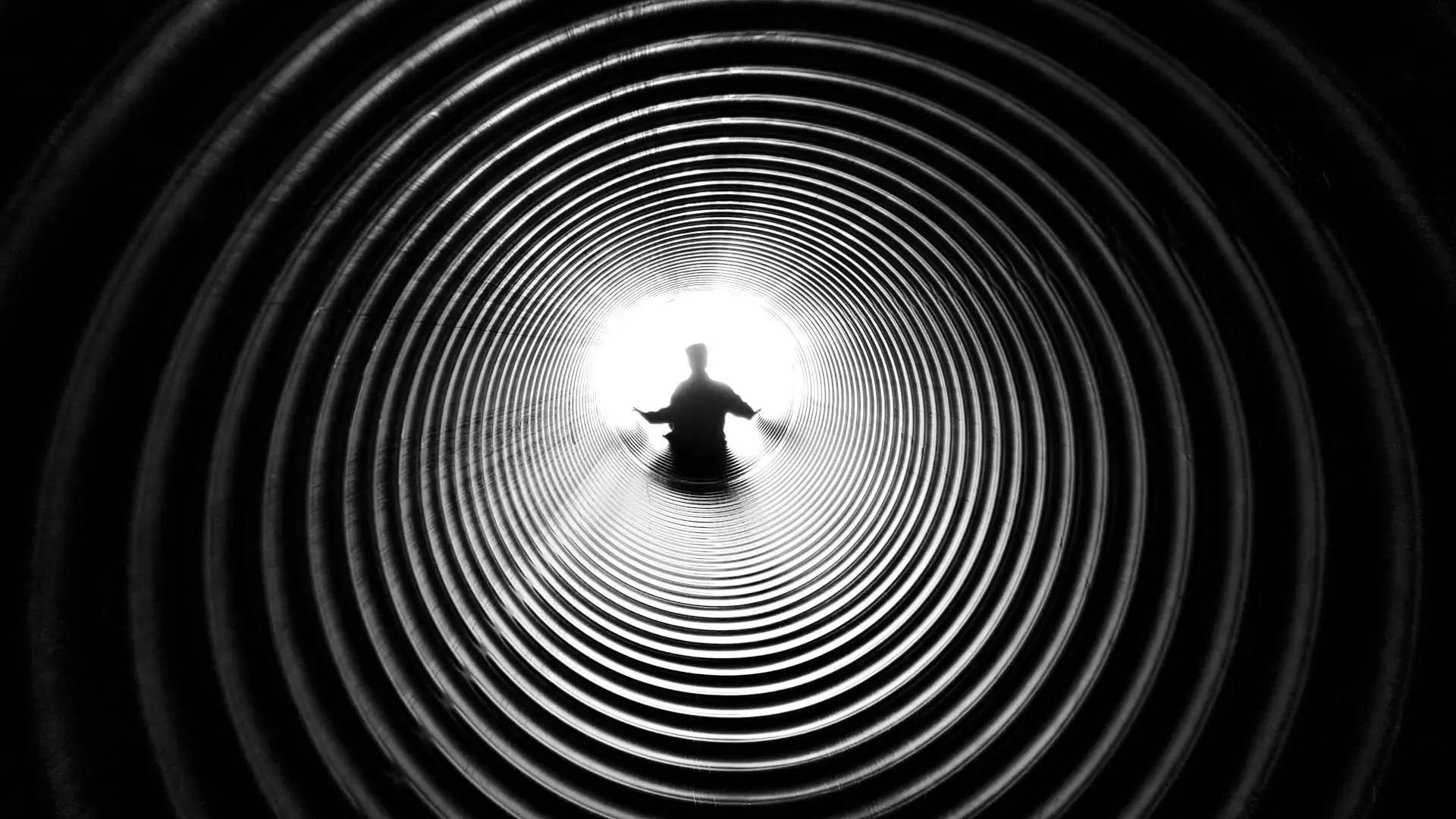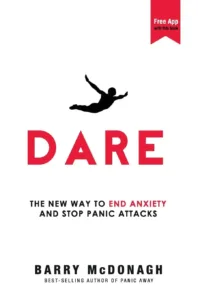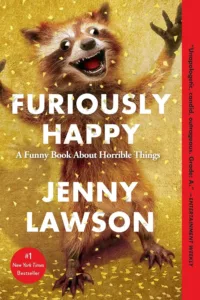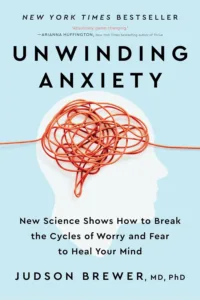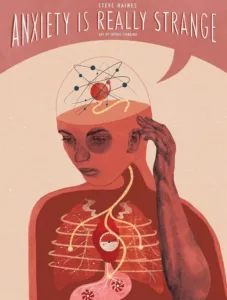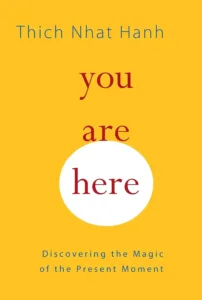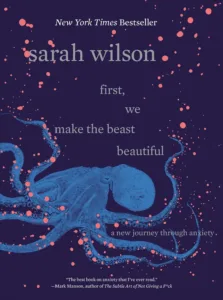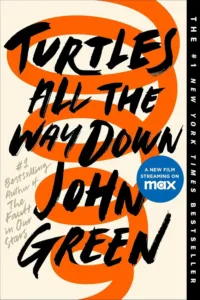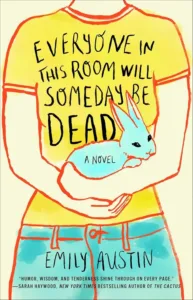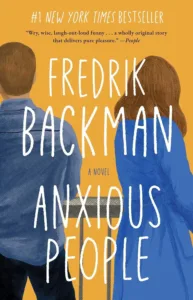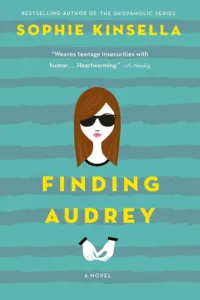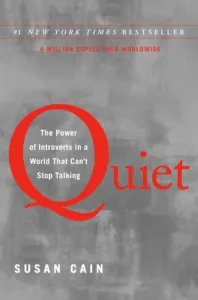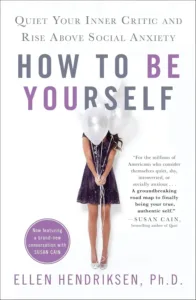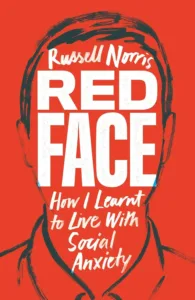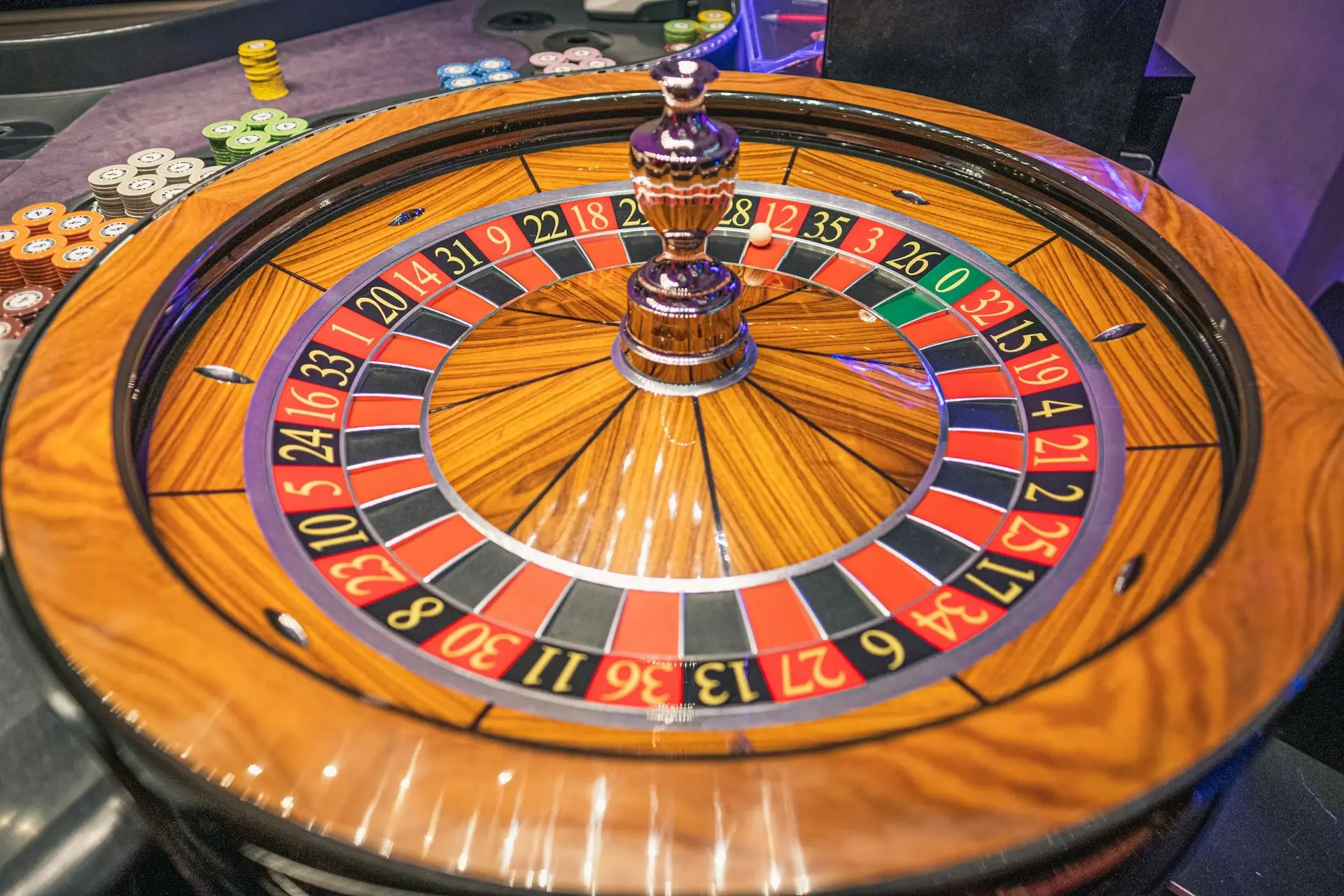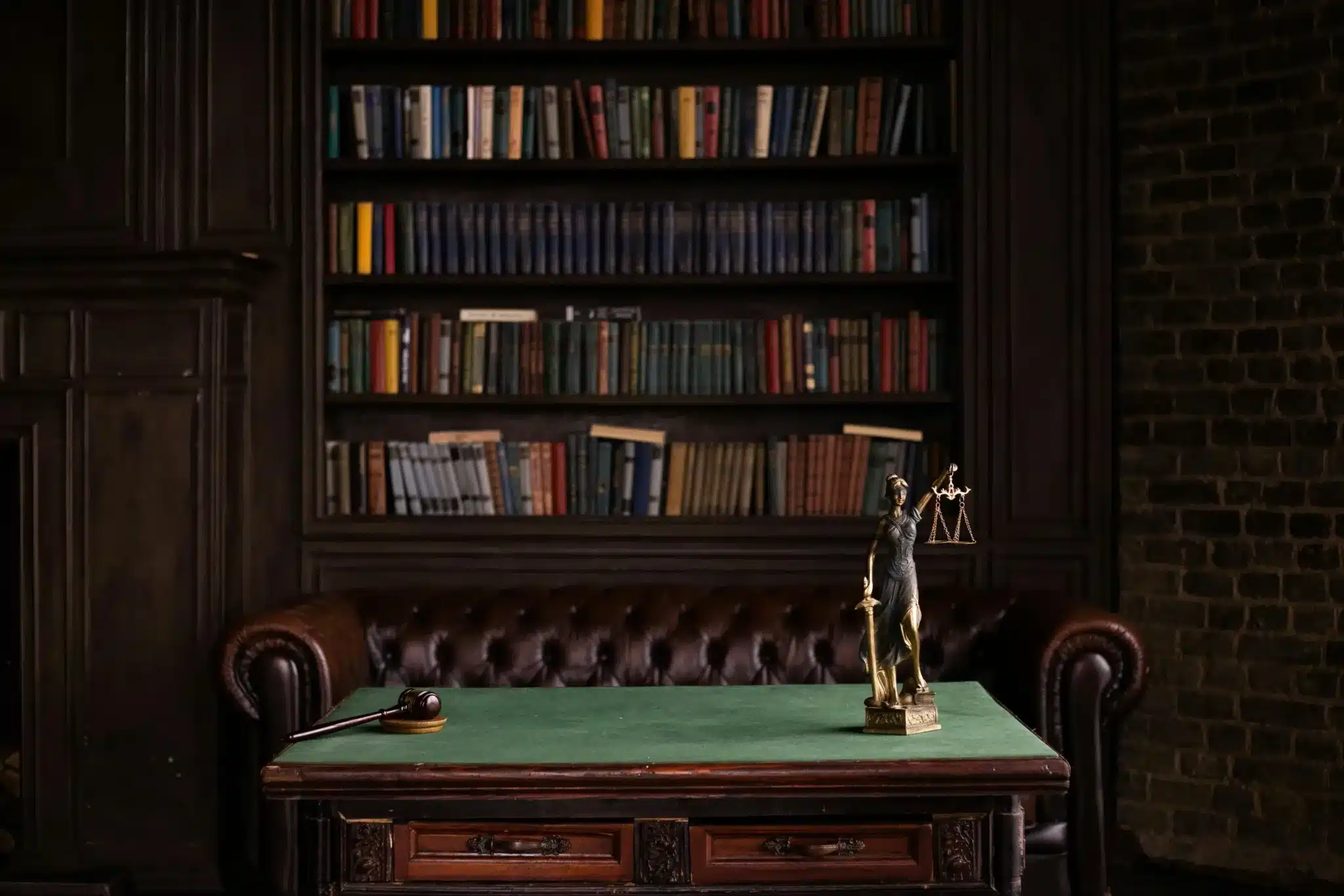TLDR
Anxiety is our body’s way of trying to protect us from the unknown. Our minds fixate on “what if” situations. We imagine the worst outcome becoming true, allowing an anxious mind to feel prepared and safe. Our hearts pound, sweat pools and our stomachs twist. Our bodies are alert for threats and ready to spring into action. Anxiety forces us into a fight-or-flight response.
According to the American Psychological Association, anxiety is an overwhelming sense of impending danger, catastrophe or misfortune. Some amount of anxiety — often in the form of occasional worry, fear, or stress — is OK. It’s a healthy response to unpredictable situations and it eventually passes.
With chronic anxiety, however, the feeling is persistent. It can sometimes be relentless and make us feel alienated from the rest of the world.
Herein lies the power of reading about other people’s experiences with anxiety. The more open we are about how anxiety influences our lives, the better we’re able to normalize it and perhaps feel less alone. Anxious individuals everywhere can pool their resources and build a toolbox of skills to navigate anxiety.
As we selected books about anxiety for this list, there were a few non-negotiables. First, they must be approachable. Each book needs to be informative and entertaining, striking a balance between providing actionable tips and encouraging self-compassion. We also looked for a variety of styles. You’ll find fictional stories, graphic memoirs, nonfiction and autobiographical accounts. The books on this list offer a safe space for you to better understand your anxiety and yourself.
6 Best Books About Anxiety Overall
From psychology to personal memoirs, these six books are where you can start when learning about anxiety overall.
McDonagh culminates 10 years’ experience of helping people work with their anxiety into this approachable and actionable read. The DARE technique focuses on going beyond simply managing or medicating anxiety. Instead, the book is full of step-by-step natural solutions that cover everything from relieving anxiety-induced insomnia to building confidence to face anxious situations. Readers will come away from this book with newfound insight into their anxiety, self-compassion, and powerful strategies to work with their anxiety.
There’s also a free smartphone app that accompanies the book. The app includes four audio tracks that help provide real-time anxiety relief.
With the subtitle, “A Funny Book About Horrible Things,” comedian Jenny Lawson pulls back the curtain on her experiences with anxiety and depression. Lawson leans into her characteristic humor when approaching the heavier subject matter. Doing so allows her to successfully navigate difficult topics with compassion and positivity without sacrificing honesty. Readers should note that she doesn’t shy away from the darker periods of her life.
However, the compassion she extends toward herself in these situations can help readers start to give themselves a bit more grace. ‘Furiously Happy’ could be a good juxtaposition to the more science-based books on this list.
Tip: If you’re looking for books that take a closer look at depression, use our roundup of novels about depression to guide your reading.
Throughout this book, Dr. Judson Brewer breaks down the ways anxiety can show up in our day-to-day lives. Her approach helps readers identify how their anxiety could be manifesting, perhaps through binge eating or doom scrolling. With the foundation established, Brewer drills down into small yet powerful habits that can help ease anxious thoughts.
Brewer explains that anxiety is a survival mechanism when facing the unknown — at its core, anxiety is our body and mind doing what they’re supposed to. It’s when anxiety becomes chronic that it requires intervention. Finally, Brewer touches on mindfulness practices, encouraging readers to approach their anxiety with curiosity rather than condemnation.
For visual learners, “Anxiety Is Really Strange” is the right place to start when exploring anxiety. The book uses graphics alongside bite-sized tips and tricks to help readers learn how to better understand, navigate and manage their anxiety. Haines explores situations in which anxiety can be good, creating a well-rounded and complex narrative. The book facilitates conversation around the nuances of anxious minds, the purpose of anxiety, and how to support it. All together, Haines shows readers how they can regain aspects of their life through self-acceptance, actionable tips, and a deeper understanding of just how strange anxiety is.
Anxiety swells when our minds zero in on the future or ruminate over the past. We fixate on our fears, trying to find an explanation so we feel in control over our situations. The simplest remedy to spiraling thoughts: being present.
Thich Nhat Hanh is a Zen Buddhist monk who chronicles his wisdom on staying in the present. Within this book, you’ll encounter pieces of wisdom to guide you throughout your day, effective tips for creating a mindfulness practice that works for you, and how to cultivate compassion toward yourself as you navigate an overstimulating world. Hanh skillfully tackles large topics in concise and gentle sentences, making “You Are Here” an accessible and revelatory book for all types of readers.
Journalist and best-selling author Sarah Wilson recounts her lifelong experience with anxiety. She bases the book around the Chinese belief that before you can conquer the beast, you must first make it beautiful. It’s from this perspective that Wilson details her struggles with anxiety throughout her life, reflecting on how the proverb has reframed her approach. She draws on research, personal experience, and interviews to depict the anxiety beast, then weaves in practical tips, words of wisdom, and comforting sentiments throughout. It’s a bite-sized read that packs a punch.
Our 4 Favorite Fiction Books About Anxiety
Where nonfiction books can help you discover strategies to navigate anxiety, fiction steps in to make you feel less alone. The more we see anxiety in fiction, the more awareness we have, and the better we can accommodate ourselves.
Our main protagonist, Aza, sets out with her best friends to uncover the truth behind the disappearance of a billionaire. Yet, behind the scenes, she struggles with overwhelming anxiety and obsessive-compulsive disorder (OCD), all while doing her best to be a good student, friend and daughter. The novel, while marketed for young adults, strikes a chord for readers of all ages. Author John Green delicately captures one of the most accurate depictions of anxiety and OCD in fiction. Themes of self-acceptance and compassion, no matter what kind of brain you have, are throughlines in the novel.
Please Note: Some readers found the descriptions and depictions of anxiety so accurate that they hit close to home and felt triggering at times. When reading books about mental health, honor your boundaries and allow yourself time to read at your own pace.
Anxiety, depression and neurodivergence are themes present throughout author Emily Austin’s work. Her recent novel, “Interesting Facts About Space” tackles anxiety and phobias head on. The narrator, Enid, is full to the brim of space facts and loves true crime, but faces a particular kind of social phobia that inhibits how she engages with the world. Austin skillfully represents rumination, masking and self-acceptance. As Enids learns, fumbles and recovers, readers might see their anxious selves mirrored on the page. Readers will be hard-pressed to avoid being charmed by Austin’s quirky and heartfelt narrative.
Tip: Austin’s first novel, “Everyone In This Room Will Someday be Dead,” also touches on anxiety and self-acceptance. It’s worth checking out if you read and enjoy “Interesting Facts About Space.”
Using his signature humor and wit, bestselling author Frederick Backman explores a range of characters, their unique anxieties, and how these fears rise to the surface in one harrowing situation. During an open house, a robber enters the home and takes the room hostage. Readers move between character’s point of views as they reveal their fears and flaws. Backman illustrates the complexities of each character’s problem, building a story for how their anxiety manifests in that moment. He transforms a terrifying situation into one full of wonderfully flawed characters. The story touches on how people can connect during the most anxious of times.
Author Sophia Kinsella is well-known for creating raw and honest characters who are impossible not to fall in love with. Her young adult novel, “Finding Audrey,” follows 14-year-old Audrey as she navigates the complex teenage world with overwhelming anxiety. She struggles to leave the house. That is, until her brother’s friend enters the scene. Together, they work toward overcoming Audrey’s social anxieties.
The novel’s tone is one full of humor and compassion, with an undertone of self-acceptance. It’s a feel-good story that can help encourage readers to take steps toward grappling with their own anxiety, at their own pace.
The 3 Best Books About Social Anxiety
For those with social anxiety, navigating the world and maintaining close relationships is uniquely challenging. The following books zoom in on social anxiety, offering insightful perspectives and words of wisdom.
Released in 2012, Susan Cain’s “Quiet” helped kickstart a conversation around how we talk about introversion and social anxiety. Without overwhelming readers with scientific information, she sheds light on what it looks like to be an introvert in a loud world. Cain challenges the idea that introversion is a detriment for individuals in our modern Western culture. Throughout the book, she informs and empowers readers to understand how introversion can be their superpower.
It’s great for those who feel like a fish out of water in social settings, who might find it harder to voice ideas, or are quickly drained by socializing. Nonetheless, “Quiet” doesn’t only speak to introverts. It’s well worth the read for extroverts because they can come to understand the introverts in their life a little more.
Social anxiety can hold us back from developing closer relationships with the people around us, trying new things, and feeling engaged with our world. Sometimes, that anxiety stems from a voice in the back of our head that tells us we aren’t good enough. Ellen Hendrickson’s book takes a deep dive into social anxiety, focusing specifically on the inner critic. She invites readers to challenge the narrative told by their inner critic. With the right amount of science to back up her step-by-step instructions for implementing these strategies, Hendrickson crafted an actionable, insightful and compassionate read for those navigating social anxiety.
Ever since he was a kid, Russell Norris faced an uncontrollable and embarrassing trait: a face that turned bright red at the smallest things. Embarrassed by his intense blushing, Norris developed Social Anxiety Disorder (SAD). Throughout the book, readers follow Norris as he grapples with SAD throughout his teenage years and into adulthood. His story is grimly honest, yet optimistic. Through several trials and errors, Norris reveals how he came to understand his social anxiety and the strategies he developed to navigate a busy world that rarely caters to quiet individuals.
Books to Help Reframe Anxiety
We might not be able to control when anxiety strikes, but we can manage how we respond to it. These books span the immense number of ways anxiety sufferers can approach the condition. By first establishing a baseline of understanding, we can begin to experiment with strategies and practices to help ease anxiety. Likewise, when we have more nuanced conversations around anxiety, we can work toward normalizing its presence in daily life and contribute to a larger cultural understanding of how anxiety works. Books, be it memoirs or young adult fiction, add to this conversation. They empower us to speak up about our experiences and find solace with fellow anxious minds.
Get recommendations on hidden gems from emerging authors, as well as lesser-known titles from literary legends.
